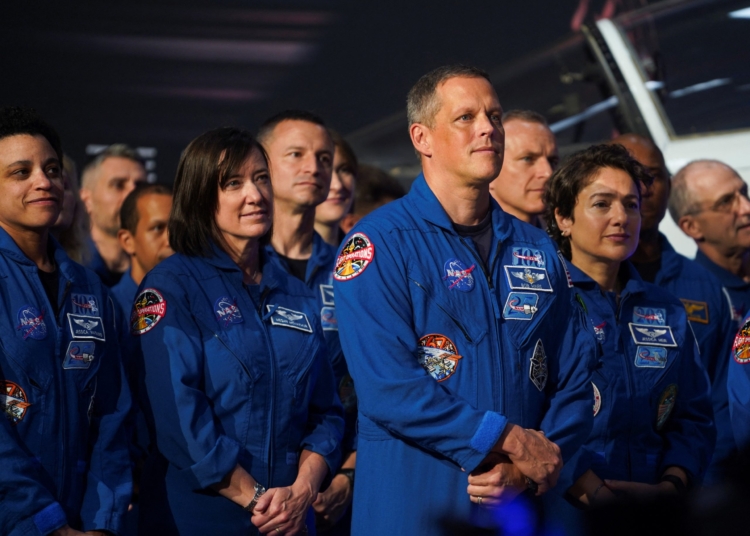This content discusses the topic of space exploration and militarization, offering insights from both astronauts and military experts. It highlights the perspective of astronauts who emphasize the importance of international cooperation in space missions and the negative implications of militarization on scientific progress. Military experts, on the other hand, recognize the relevance of space in modern warfare and argue for the protection of national interests. They emphasize the dual-use nature of space technologies and the need for international treaties to prevent an arms race. The content concludes by stating that the future of space exploration and militarization depends on collective decisions and upholding the values of peace and cooperation.
Space Exploration and Militarization: Insights from Astronauts and Military Experts
Introduction
Space exploration has always captivated humankind’s imagination. From the early days of the Space Race between the United States and the Soviet Union to contemporary missions to Mars and beyond, the lure and possibilities of space have remained a constant source of inspiration. However, along with the noble pursuit of exploring the unknown, questions and concerns regarding the militarization of space have also emerged. In this article, we will delve into the insights provided by astronauts and military experts on this complex issue.
The Perspective of Astronauts
Astronauts, who have spent significant time in space, offer a unique perspective on the topic of space exploration and militarization. Many astronauts emphasize the importance of international cooperation and collaboration in space missions. They argue that the pursuit of scientific knowledge and exploration should transcend national borders and political interests.
For example, Chris Hadfield, a former Canadian astronaut, known for his tenure as the commander of the International Space Station, has repeatedly highlighted the unity and shared vision that exists among astronauts from different nations. He has expressed his belief that militarization of space goes against the spirit of international cooperation and could hinder the progress of space exploration.
Leroy Chiao, a retired NASA astronaut, also stresses the need for peaceful exploration of space. He suggests that pristine space should be preserved for scientific advancement and the betterment of humanity rather than being weaponized. Chiao argues that militarizing space could lead to an arms race and potential conflicts that would undermine the peaceful exploration of our universe.
Insights from Military Experts
On the other hand, military experts acknowledge the increasing relevance of space in modern warfare and the need to protect national interests. They argue that space capabilities are essential for intelligence gathering, communication, surveillance, and navigation. From satellite systems that provide critical real-time data to reconnaissance and early warning systems, space assets play a vital role in ensuring national security.
Retired Air Force General Kevin P. Chilton, who served as an astronaut and commander of the U.S. Strategic Command, highlights the dual-use nature of space technologies. According to him, while space assets have peaceful applications, they can also be leveraged for military purposes. General Chilton, however, emphasizes the importance of international space treaties and agreements to prevent an arms race and promote the peaceful use of space.
Similarly, military experts advocate for investing in defensive space technologies to protect national assets. This involves developing capabilities to detect and counter potential threats to avoid vulnerabilities. They argue that establishing a robust defense system in space could deter potential adversaries from launching hostile actions, thereby maintaining a peaceful space environment.
The Way Forward
The question of space exploration and militarization does not have a straightforward answer. It is a complex issue that requires careful consideration of scientific advancement, international cooperation, and national security. Balancing the pursuit of knowledge and peaceful exploration with the need to protect national interests is a delicate task.
However, the insights from astronauts and military experts reveal that a consensus exists on the importance of international cooperation and the need to prevent an arms race in space. Collaborative efforts, guided by space treaties and agreements, can help achieve a peaceful and secure space environment.
Ultimately, the future of space exploration and its potential for militarization will depend on the collective decisions and actions of nations. It is our responsibility to ensure that humankind continues to explore the cosmos while upholding the values of peace and cooperation.













